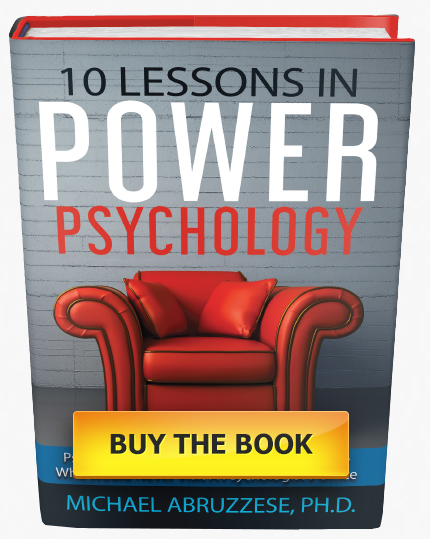6 Ways to Choose a Good Psycho-Therapist
By Michael Abruzzese, Ph.D.
© Copyright 2021 Vista Health Services, Inc.
Posted February 5, 2021
“You cannot become successful at something just by reading about it” – Charles Atlas
One of the silver linings to the black cloud of COVID19 is an increasing awareness of the importance of good health. Especially good Psychological health. In truth, there is no reason to split “health” into archaic and misleading terms such as ‘general health’ and ‘mental health,’ depite the media and medical education that has created a false dichotomy in the public’s mind for only the last 180 years or so.
Even as the old term’mental health,’ is still used by many educated people who should know better, consumers are now realizing after a year of COVID quarentines and homebond self-protection from those reckless others in our communities that ‘behavioral health’ concerns are far more prevalent than the usual ‘medical health’ concerns that have consumed and driven the health care system in this country for generations.
There is no differentiating between and among someone’s HEALTH. We don’t tlk about someone’s “Cardiovascular Health” or someone’s “Neurological Health” or “Podiattric Health,” but some people love to stigmatize Behavioral Health concerns and that restricts people’s access to getting the type of help needed to fight off Anxiety, Depression, ATTention Deficit Hyperactivity Disorder (ADHD), Post Traumatic Stress Disorder (PTSD) and other very common health issues facing children, families and adults today.
Before COVID, people tended to go to psychotherapists for two reasons and two reasons only – they are forced into it by others, such as the police, their boss under threat of being fired, their spouse under threat of divorce, the police or judicial system under threat of incarceration – or they have finally gotten fed up with feeling a certain way, such as always sad or anxious or engaged in bad habits, or from doing a certain behavior, such as gambling, failing tests, not understanding work or academic tasks, or job or relationship failures, and they want to change.
These can be broadly understood to be CHOICE or DEMAND characteristics. That is, you decide (choose) that you would probably benefit from going into therapy, or SOMEONE ELSE has determined that you would benefit from going into sychotherapy and demands that you go.
Those two categories have been brought front and center in people’s lives now that people, the media, the government and even physicians realize that psycho-therapy, that is, therapy utilizing sound psychological edcuation and training, is helpful and necessary in these modern times.
But how do you “know” that a “therapist” is any good?
Well, how do you knw that a pediatrician is any good? Or an internist? Or a surgeon or dnetist? The truth is, you don’t, until after you’ve been treated by the Doc and only then you may realize you don’t like the doctor or think that the Doc is not very good. Most doctors, like most every other profession, are average. Same with therapists. And car mechanics. Unless you ask the right questions and know what to look for.
The rest of this post is available to Members Only. This marks the end to the public portion of this post. To continue reading this post and have the opportunity to comment on it, become a Member. 100% of Membership fees go to charity. To join, click here.
To find out more about Memberships and know where your Membership fees go, click here.
If you are already a Member, the post continues here.
Michael Abruzzese, Ph.D. is a clinical psychologist on Cape Cod and a former Clinical Instructor at Harvard Medical School. He is the author of Ten Lessons in Power Psychology; Psychology Tips and Techniques For People Who Would Never Visit a Psychologist’s Office. https://www.amazon.com/Lessons-Power-Psychology-Techniques-Pscychologists/dp/0991011708





